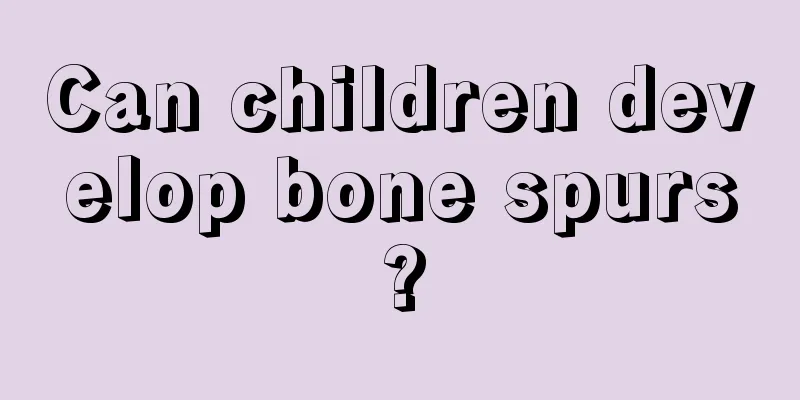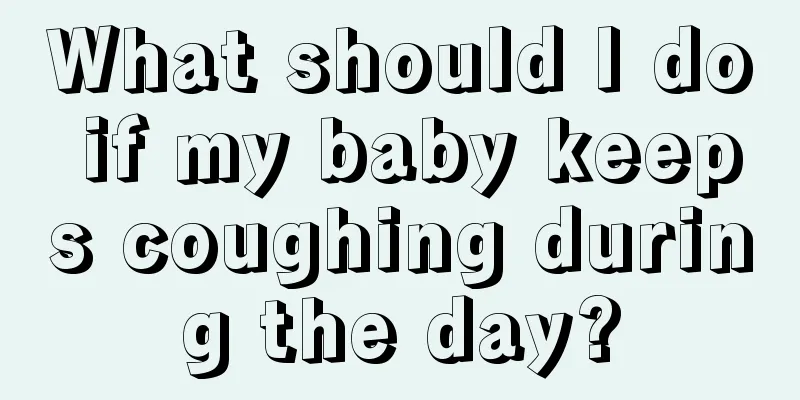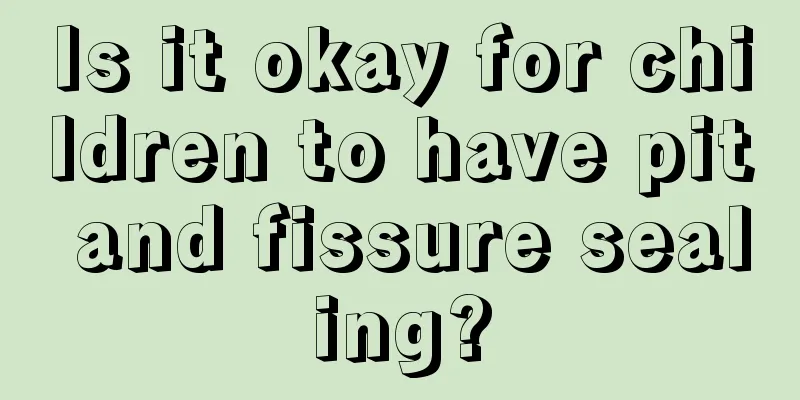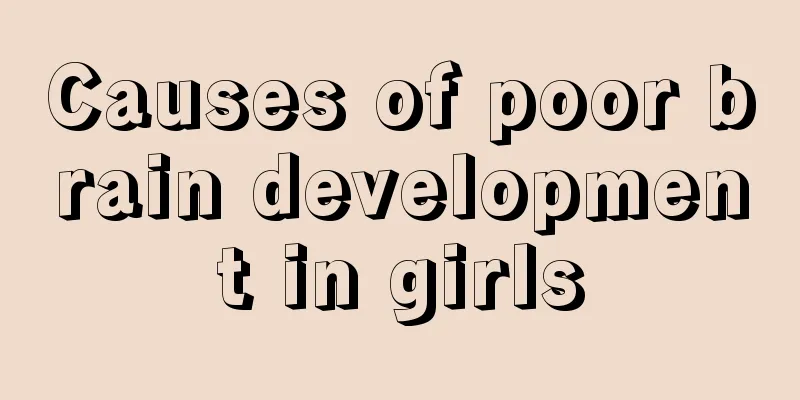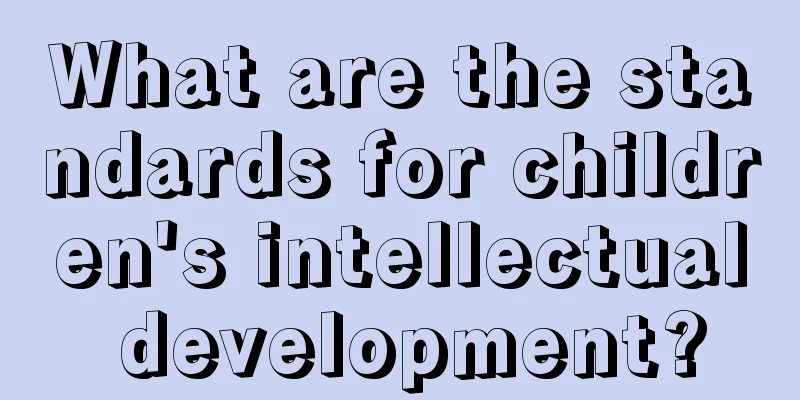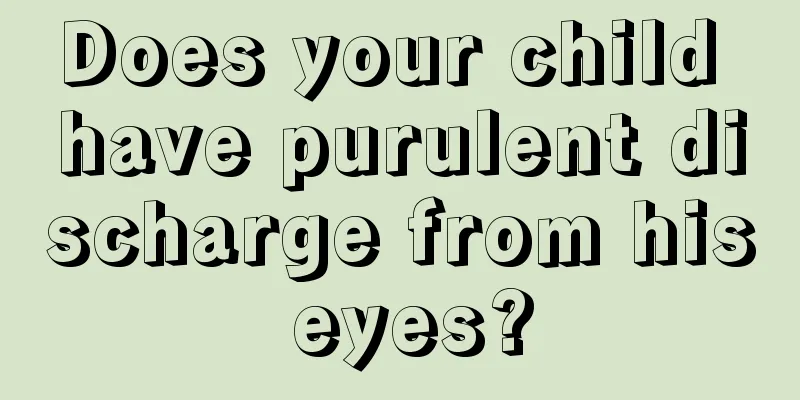What is the correct treatment for enteritis in children?
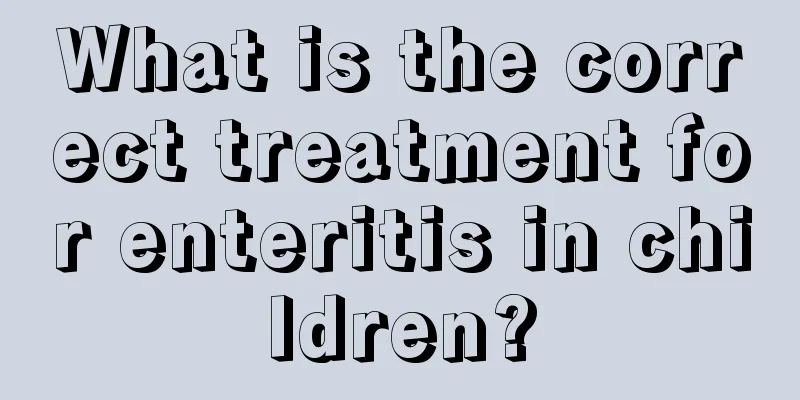
|
Pediatric enteritis is a disease that cannot be ignored, because the gastrointestinal function of infants and young children under the age of six is not fully developed. Inattention to diet and hygiene can lead to enteritis. Once enteritis occurs, it will be related to health. The patient's long-term ascites and vomiting are very harmful. Therefore, parents must improve and correct through diet, medication, and daily life to alleviate the aggravation of enteritis. The main causes of enteritis in children: Viruses and bacteria. Clinical manifestations include abdominal pain, diarrhea, etc. The disorder is usually diagnosed based on symptoms; if symptoms are severe or persistent, stool cultures are done to detect bacteria, viruses, or parasites. Patients suspected of severe dehydration should be monitored carefully for electrolytes and renal function. Treatment of enteritis in children: 1. Diet therapy Emphasis should be placed on continuing to eat to meet physiological needs and replenish consumption due to illness, but reasonable adjustments should be made based on the individual. Breastfeeding mothers should continue breastfeeding, while bottle-fed babies can be fed rice soup, diluted milk or other milk substitutes. Patients with severe vomiting may temporarily fast for 4 to 6 hours (but not water), and resume feeding after their condition improves. Continue giving a nutritious diet after the diarrhea stops. 2. Correct the imbalance of water, electrolytes, acid and alkali People with mild to moderate dehydration but no severe vomiting can take oral rehydration salts (ORS) recommended by the World Health Organization. Oral rehydration salts should not be used for newborns or children with obvious vomiting, abdominal distension, shock, heart and kidney failure or other serious complications. 3. Drug treatment Antibiotics are not necessary for viral and non-invasive bacterial enteritis. The symptoms of poisoning are obvious, and antibiotics can be used, especially for newborns, infants, and critically ill children. Antibiotics are ineffective for enteritis caused by viral infections. Enteritis caused by parasitic infection requires the use of antiparasitic drugs. Gastrointestinal mucosal protective agents and microecological therapy may be used as appropriate. This is a summary of the treatment methods for pediatric enteritis. We can understand the treatment methods for pediatric enteritis, which can help patients detect the disease and treat it in time when they are suffering from the disease, so as to avoid the occurrence of the disease and cause too much harm to our patients. |
<<: How to treat herpes in children? Common treatments are these
>>: Can an inguinal hernia in children heal on its own?
Recommend
Why is it difficult for children to fall asleep?
Children must have high-quality sleep to ensure t...
Can babies eat pineapple?
Summer is the season when fruits are abundant. Th...
What is the reason for newborn baby peeling?
The appearance of a newborn not only represents t...
Treatment of cough after cold in children
Colds and coughs are our response to foreign viru...
What is the normal height and weight for a 12-month-old baby?
There was a survey that found that children are u...
What causes baby dandruff?
Generally speaking, dandruff mainly troubles adul...
What are the symptoms of pinworms in the baby's anus?
Pinworms are a type of parasite that often lives ...
Two year old baby has blood in stool
Some two-year-old babies will find blood in their...
Can children use fans when they have a cold?
In summer, people mainly use two ways to prevent ...
What to do if your 10-month-old baby is constipated
Now we advocate eugenics and good parenting. The ...
What to do if your child has acute gastroenteritis
Many parents have encountered the situation of ch...
What is the reason for black teeth in babies?
Many parents pay special attention to their baby&...
Redness around the baby's eyes
Everyone knows that redness around the eyes of ba...
What does high estradiol in girls mean?
Many people are relatively unfamiliar with estrad...
What causes dry and cracked skin in newborns?
The skin of a normal newborn is warm, smooth and ...
